The statistics highlight what has been happening in Biobío, La Araucanía, and Los Ríos from 2014 to the present. The communes of Contulmo in Biobío and Lumaco in La Araucanía top this record.
The Southern Macrozone has been making headlines every morning, and this Wednesday even more so with the arrest of Héctor Llaitul. For these reasons, the government declared a State of Constitutional Exception for the La Araucanía Region and the provinces of Arauco and Biobío in the region of the same name.
This week in Cañete, an arson attack left the owner of the San Carlos estate injured by pellets. Additionally, the desperate cries of a woman pleading for an ambulance to pass through a road connecting the commune of Cañete to Tirúa—blocked by fallen trees—were heard.
In this context, statistics from the Association of Forestry Contractors (Acoforag), accessed by EL DÍNAMO, reveal the following conclusion: out of the 107 communes that make up the Southern Macrozone, 50 have been affected by one or more violent attacks in their territory from 2014 to date. In other words, the scale of the problem spans 46.7% of the communes in this area.
Details of the attacks, commune by commune
The analysis also details the areas with the highest number of attacks. In Biobío, Contulmo leads with 38 attacks, followed by Cañete with 35 and Tirúa with 33. In La Araucanía, the most frequently attacked locations are Lumaco, Collipulli, and Carahue, with 36, 35, and 21 attacks, respectively.
In the Los Ríos Region, Lanco has recorded 13 attacks, Panguipulli has witnessed five, and San José de la Mariquina three. In Los Lagos, San Juan de la Costa has nine registered attacks, while Río Negro counts three.
"19% of the communes in the Biobío Region, 31% in La Araucanía, 19% in Los Ríos, and 3% in Los Lagos are affected and threatened by terrorist political violence, hindering the normal development of their local economies. This brings poverty and hardship to both indigenous and non-indigenous families, who seek to emigrate from these territories where there is no longer work nor the possibility of personal entrepreneurship. Let us not allow violence to uproot us and strip away the essence of our lives: where we come from and where we are going," concludes Acoforag based on this data.
Source:eldinamo.cl


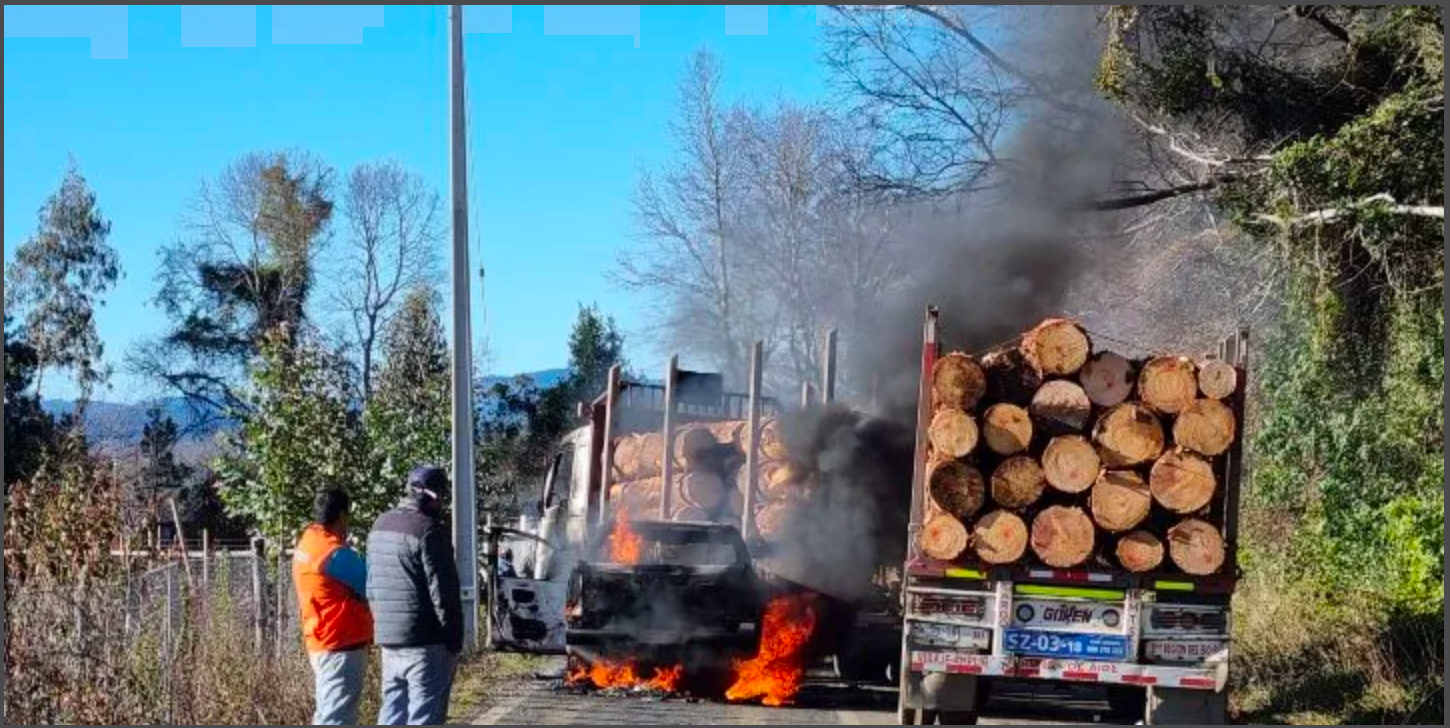
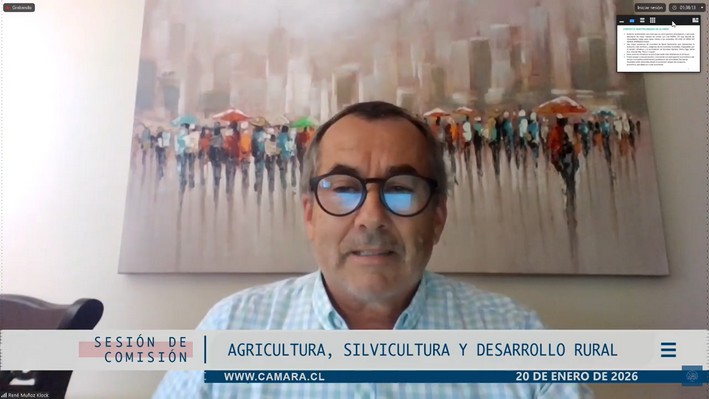
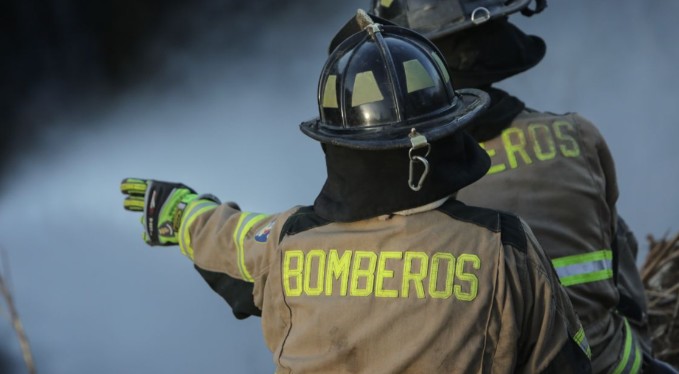
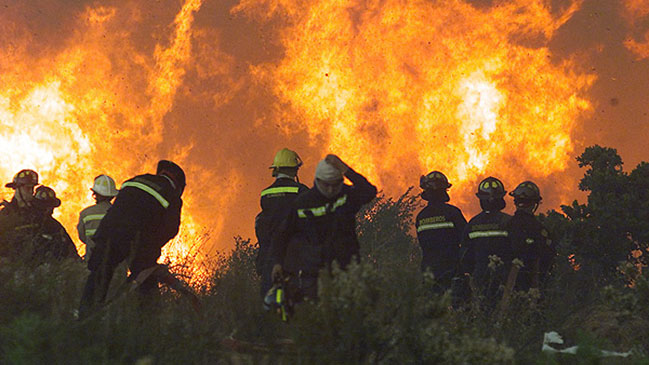
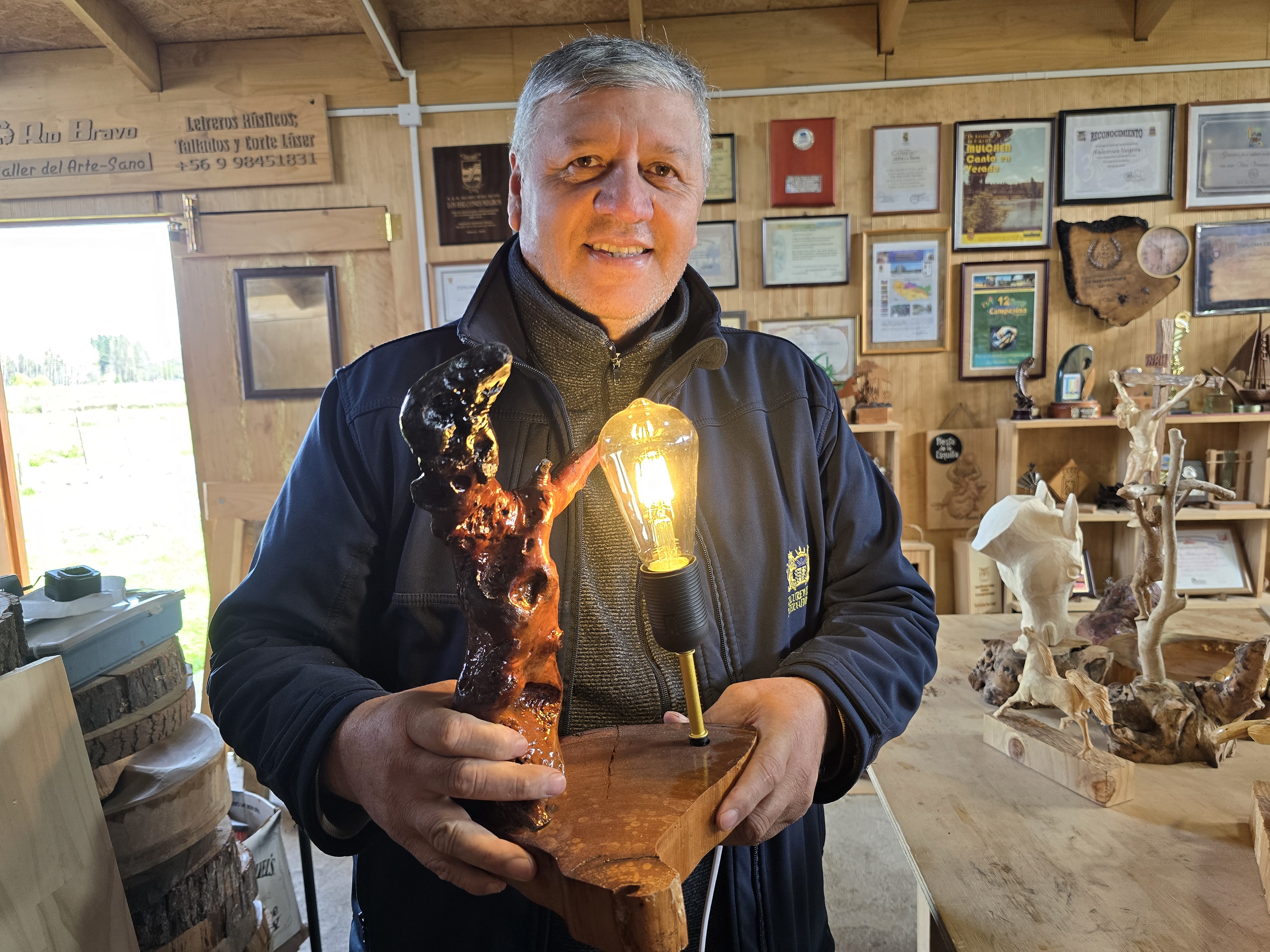
Comments (0)
No comments yet. Be the first to comment!
Leave a comment